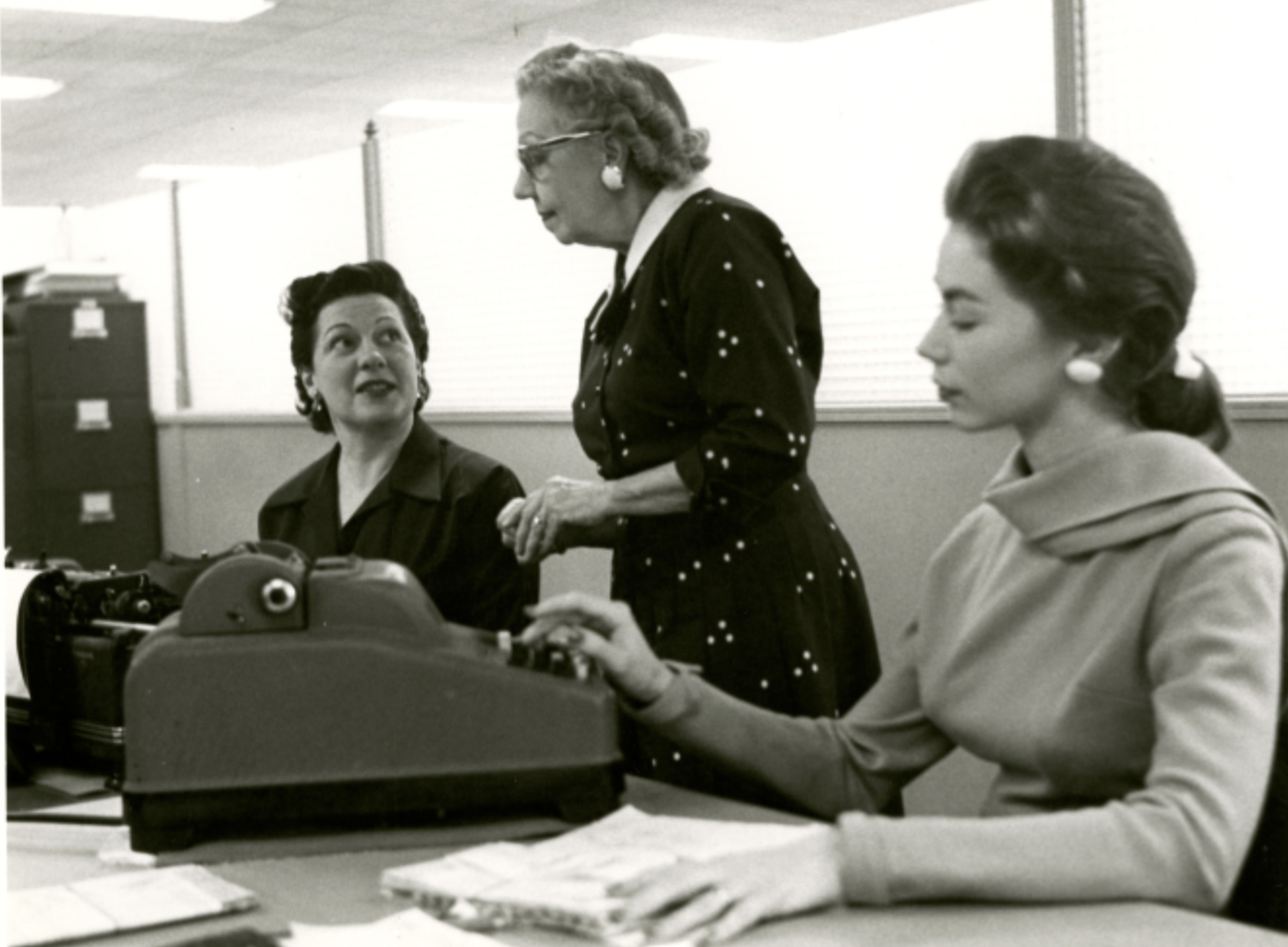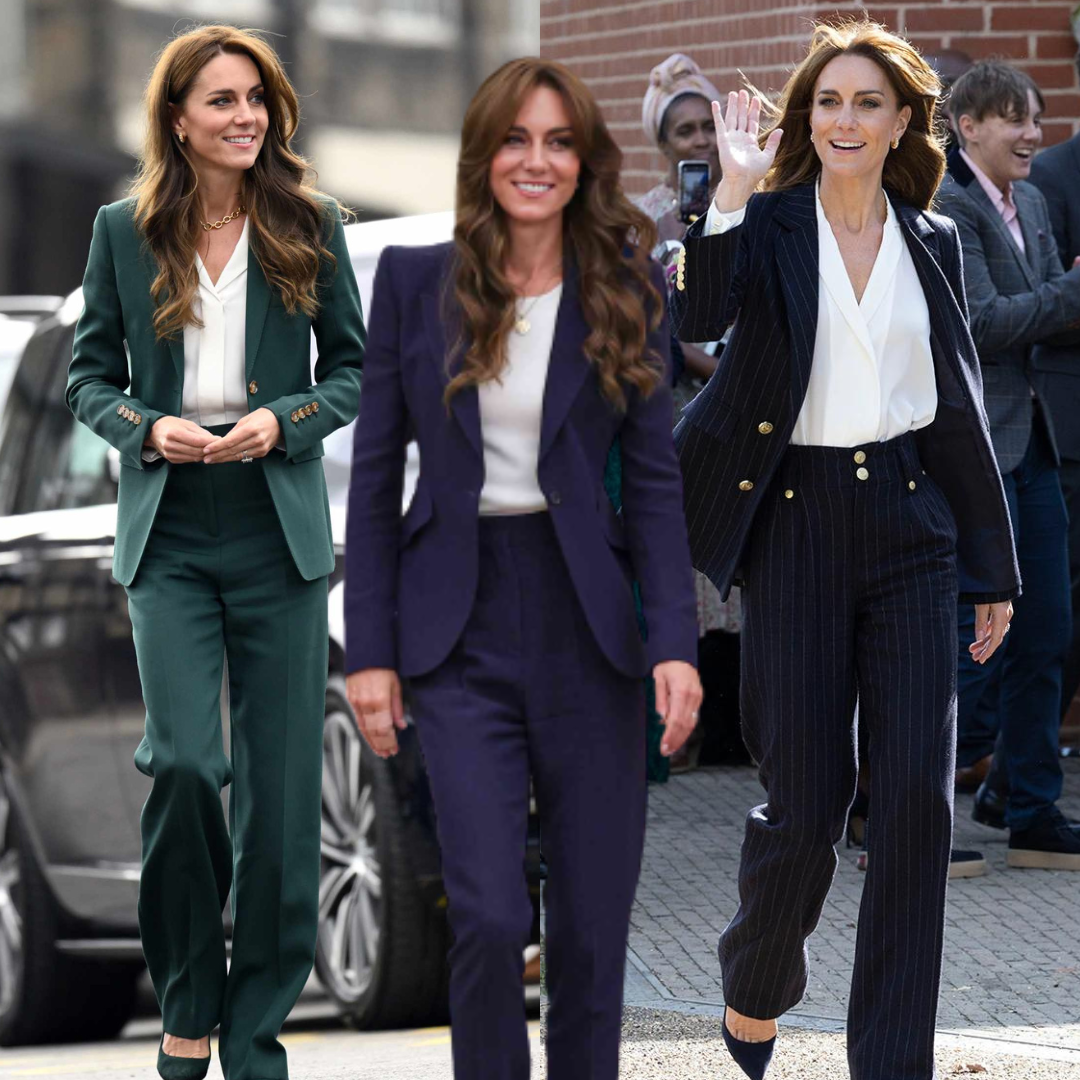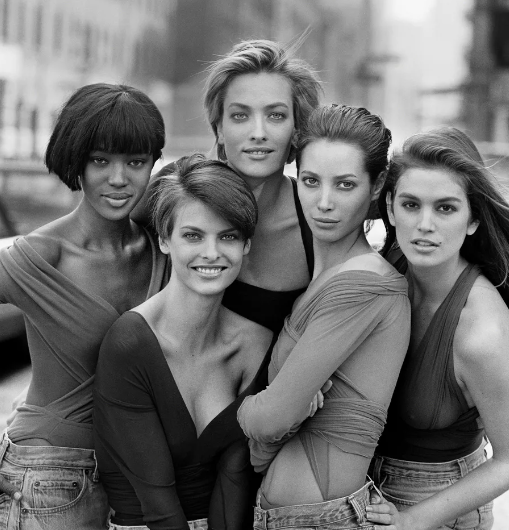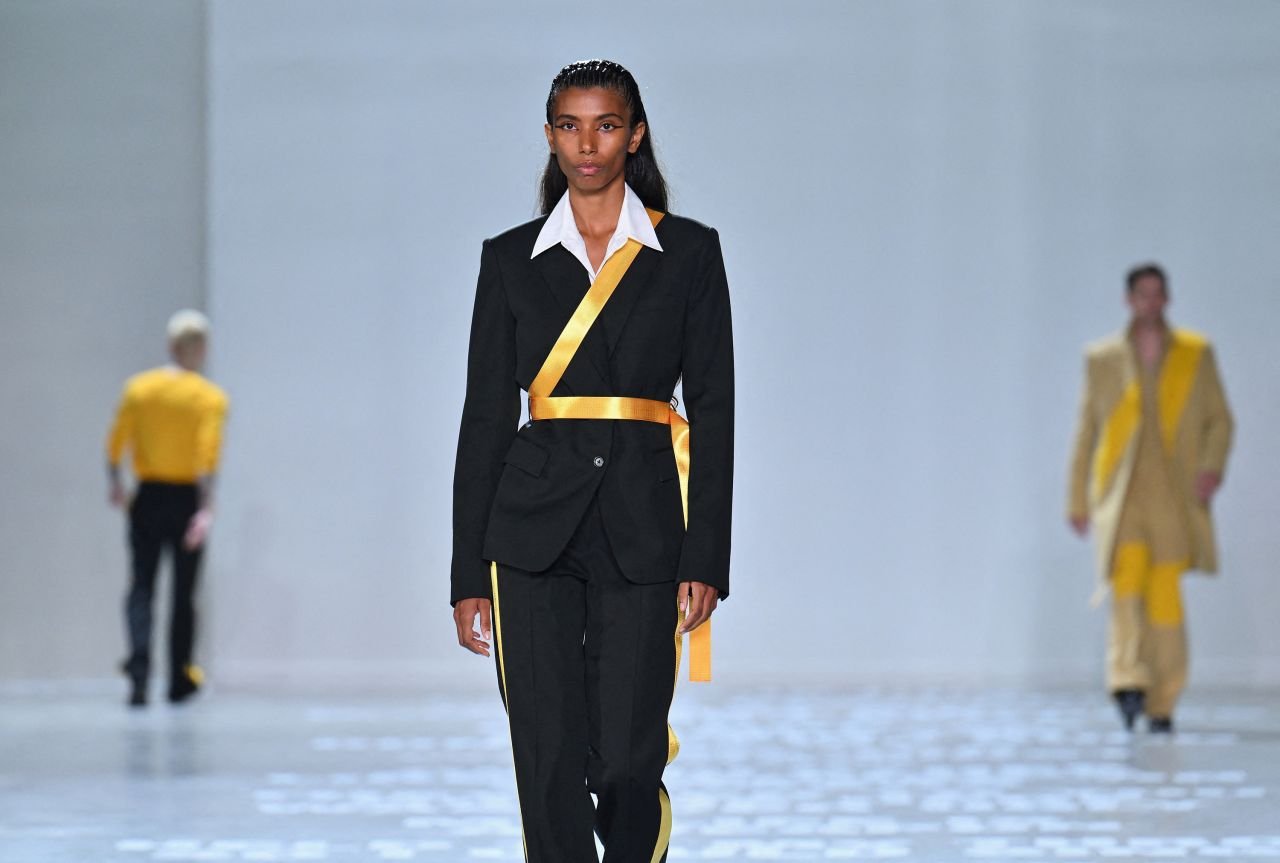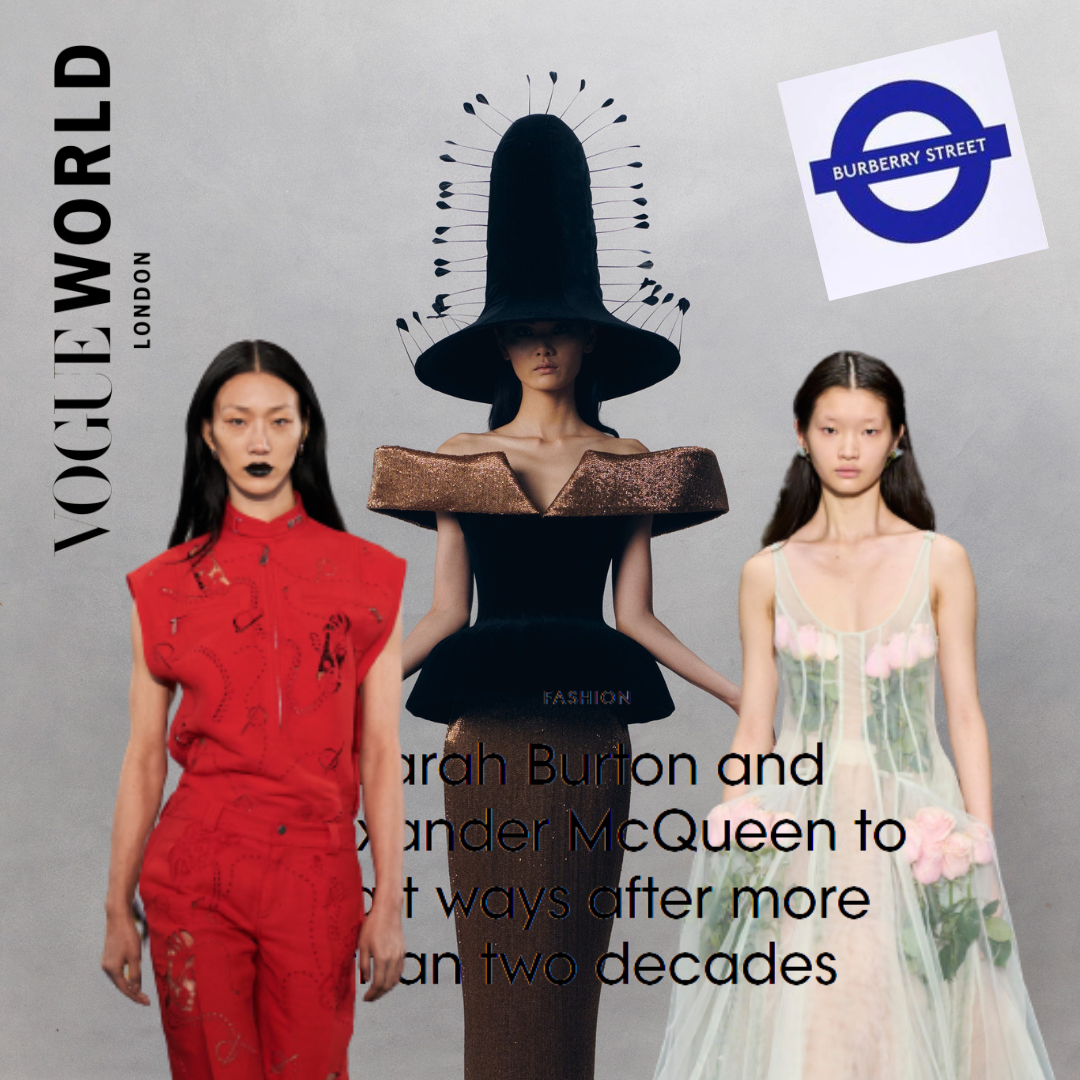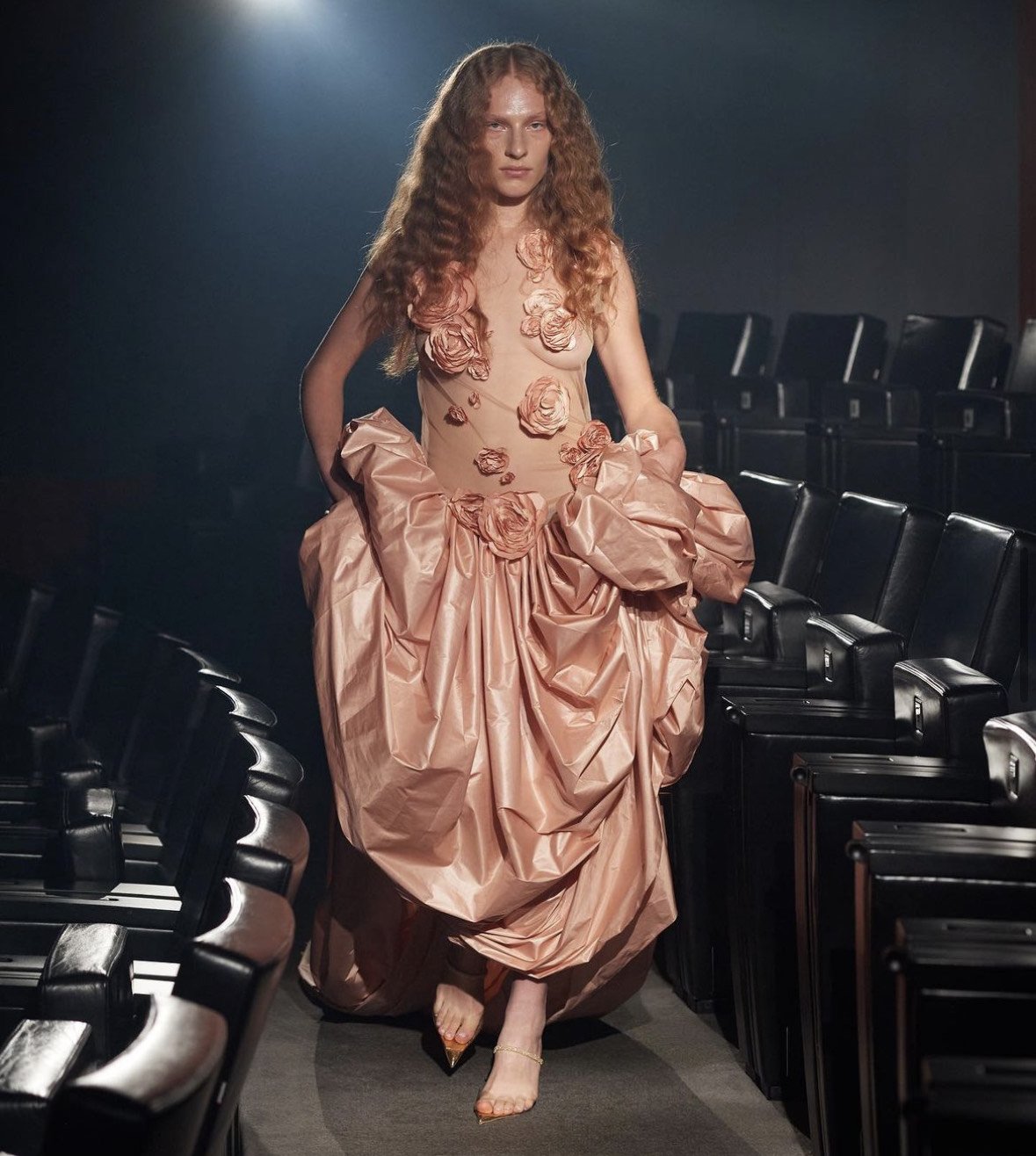5 1970s Fashion Icons you Should Know
This Summer 1970s fashion is making a pretty big comeback with ethereal prairie dresses, bell bottoms and brown tones all over social media. Wanting to delve into the world of 1970s-inspired fashion? We can’t blame you!
Here are 5 1970s fashion icons that you should absolutely be aware of!
Biana Jagger
Nicaraguan-born activist Bianca Jagger, yes married to Rolling Stones singer Mick Jagger, was an absolute fashion idol during the 1970s. She was known best for re-writing the fashion rule book and pushing the boundaries, especially by wearing tailored suits. Today, it’s not really deemed that revolutionary for a woman to wear a tailored men’s suit, but at the time it was seen as pushing the boat out, and it became her trademark, especially white suits. Her most famous white suit moment was, of course, her wedding suit in 1971. It was a crisp Yves Saint Laurent column skirt with a matching smoking jacket and she wore it sans a blouse. And, again, for the time it was pretty scandalous!
Being married to a Rolling Stone meant Bianca often frequented clubs like Studio 54, mingling with A-listers and partying until the early hours, and her fashion choices had to reflect this. She knew how to dress for a party! From tube tops and chokers to sequins and berets, she was a star of the 1970s party scene and a fashion icon alongside this.
Patti Smith
When we think of 1970s fashion we don’t necessarily think ‘plain white tee and jeans, but for Patti Smith, this was almost a uniform. In fact, her style was relatively close to that of the 1990s! Patti is often referred to as ‘the Godmother of Punk’ and a title such as this requires a fashion sense to match. When Patti released her debut album Horses in 1975, she started her reign of shattering perceptions of how women in the music industry should dress and look. Pictured simply in a white shirt, black jeans and an open tie, the now-famous album cover was a real change to the music industry at the time. She created the uniform for so many women rock stars to have come since. She once said “My style says ‘Look at me, don’t look at me...It’s, ‘I don’t care what you think.’”
Farrah Fawcett
Ever wondered what Brendon Urie meant when he sang ‘And she had Farrah Fawcett hair?’ Well, he was referencing the 1970s actress Farrah Fawcett and her incredibly famous hair, often called the ‘Farrah Flick’ due to its shape. This hairstyle became the must-have celebrity hairstyle during most of the 1970s, but she was also influential in her fashion. She truly rose to fame after starring in Charlie’s Angels and everyone wanted to know what she was wearing. She was a huge fan of flared trousers, a massive trend of the 1970s, as well as athletic fashion like sweatshirts, hoodies and trainers (sneakers for any American readers!). Most of her sweatshirts were printed with a logo or illustration on the front so I suppose you could say she was an influencer!
Diana Ross
Diana Ross was the lead singer of the world-famous vocal group The Supremes, one of the leading Motown groups throughout the 60s and the 70s. When she broke away from the group to embark on a solo career in the early 1970s, she entered her most iconic fashion era. Epitomising disco glamour of the time, Ross was often seen in silk bias-cut gowns, platform heels, fur coats and sequin mini-dresses. While her dresses could be intense, she always accessorised in a complimentary way, making her outfits consistently classy. Legendary fashion designer Bob Mackie worked in close contact with Ross during the 70s, helping to create some of her most iconic looks.
Stevie Nicks
A fan of modern-day cottagecore? Then, you cannot not know about Fleetwood Mac star Stevie Nicks. The whimsical styles of Stevie nicks make her stand out from the others on this list with Stevie’s style being heavily inspired by Victorian and Edwardian fashion. Fringed dresses, flowing dresses, capes and suede boots were all part of Stevie’s go-to outfits. “I'm an extremely modest woman," she said during a 2008 interview. "I guess you can probably see it through my clothes all down through the years with my long chiffon skirts and my big wispy sleeves. I always looked at it like, people wondering what was under all that was much sexier than having all that out there." Stevie trained in ballet growing up, and this is evident in her style, with much of her silhouette mimicking the romantic tutu. She once named Russian prima ballerina Natalia Makarova as a style inspiration for her onstage looks.










